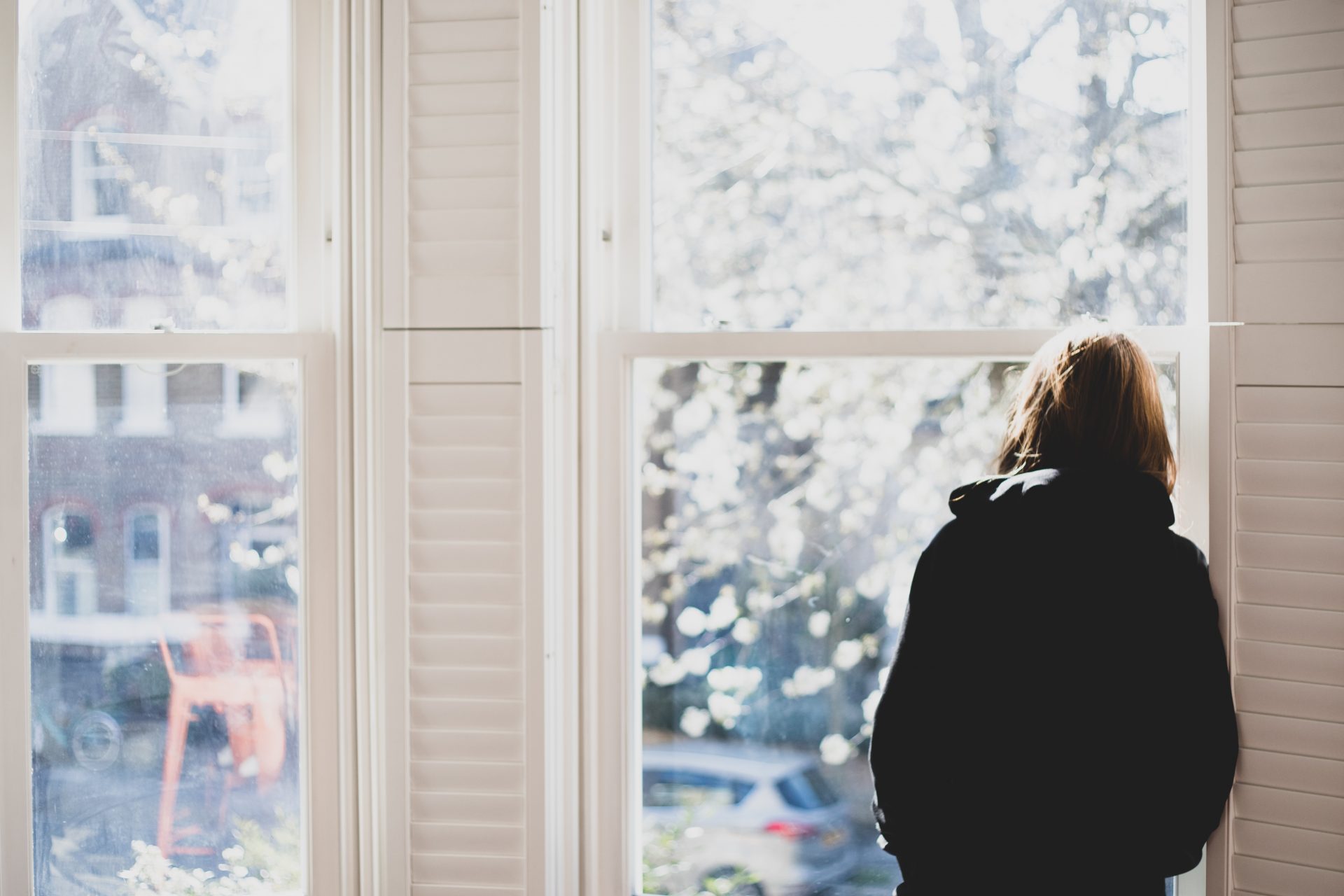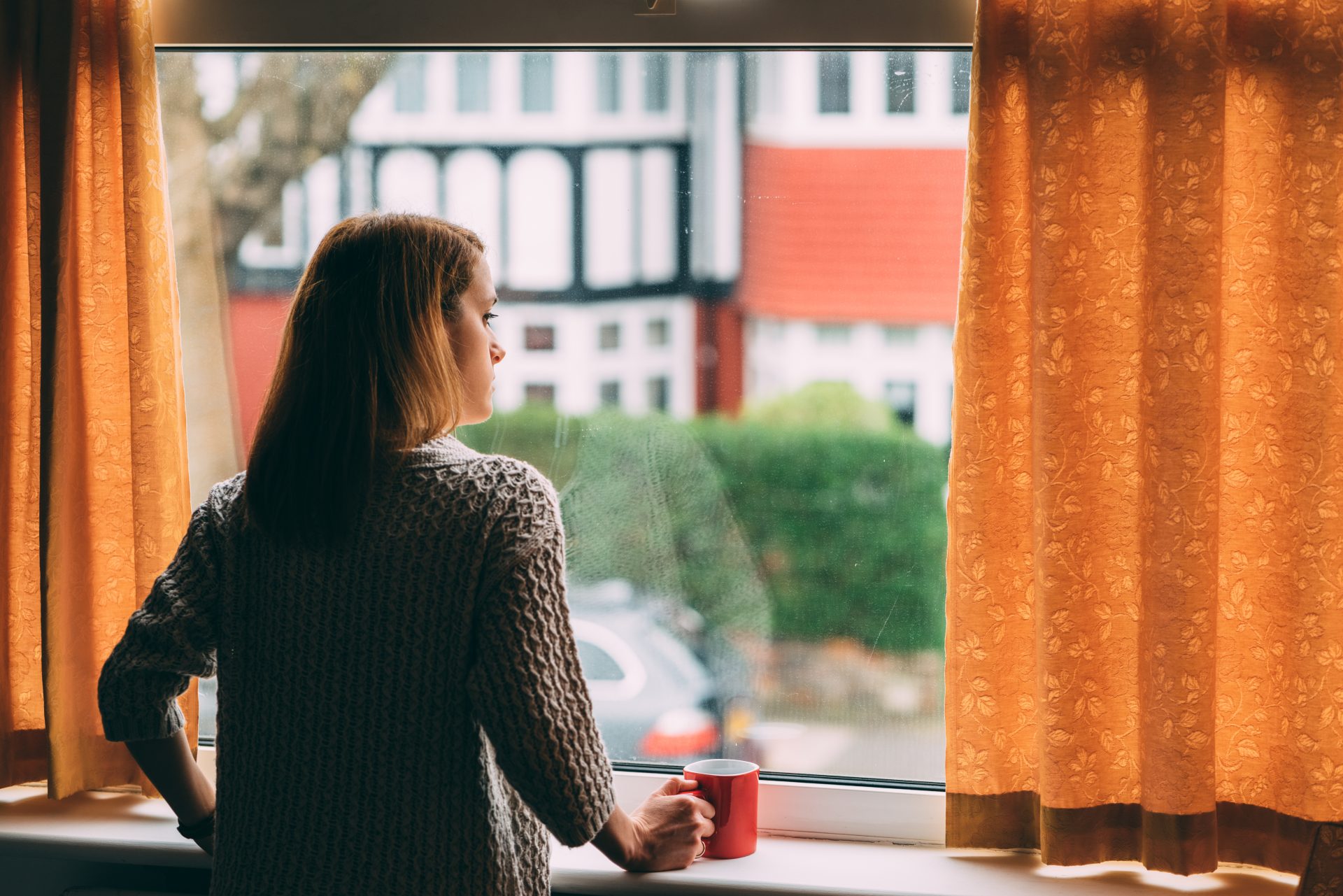Written by Lauren Geall
As Stylist’s digital writer, Lauren Geall writes on topics including mental health, wellbeing and work. She’s also a big fan of houseplants and likes to dabble in film and TV from time-to-time. You can find her on Twitter at @laurenjanegeall.
Emetophobia – or a fear of being sick – is a surprisingly common phobia. However, very little is known about the condition – including why it so disproportionately affects women.
Vomit. Throw up. Chunder. No matter what you call it, nobody really likes being sick. It’s one of those unpleasant things that we all (reluctantly) have to deal with – like having to wait for a delayed train or taking a cold shower when the boiler breaks.
However, for people who live with emetophobia – an extreme fear of vomiting or seeing others throw up – being sick isn’t just an unpleasant event: it’s their worst nightmare.
While the exact number of people who suffer from this phobia is not known (research into the condition has suggested the prevalence of emetophobia ranges from 0.1-8.8% of the population, with numbers varying depending on how severely the condition is defined), it regularly appears in lists of the UK’s most common phobias.
Alisha Jones is one of the thousands of people who lives with the condition. The 22-year-old, from Caernarfon, Wales, feared being sick from an early age, but says her phobia became debilitating after she lost her grandmother when she was 15.
“I would have horrific panic attacks every day; wouldn’t sleep and couldn’t eat,” Jones recalls. “I would also be scared to leave the house because I feared feeling sick, having a panic attack or coming into contact with germs.”
In an attempt to restore some of her former confidence, Jones made the decision to attend therapy, which helped her to return to a relatively normal life with the occasional panic attack triggered by factors such as “illness, flying or being away from home for long periods”.

But after years of normality, the pandemic took its toll. Because she was unable to leave the house and challenge her fears and anxieties on a regular basis, her phobia began to play a bigger role in her life, leaving her struggling to function.
“There is always a little devil sat on my shoulder reminding me about my phobia every second of the day,” she says of her life now. “When my anxiety gets bad, I find it difficult to eat and often restrict my food to small portions or certain things. It can stop me going out, seeing friends, travelling or doing almost anything that most people don’t think twice about.”
She continues: “My body goes into a panic meltdown sometimes even by the mere thought of sick. I know I will come out of those moments of anxiety at some point, but it is still an extremely exhausting, depressing and damaging illness.”
37-year-old Anna Hamill, from Belfast, knows exactly what Jones is talking about. While her phobia isn’t quite as debilitating – it tends to rear its head only if she or someone around her is ill – her fear of vomit still takes its toll on her day-to-day life.
“I have had a strong dislike of being sick for as long as I can remember, and since being an adult, I dread vomiting,” she explains. “I can’t sleep properly and feel anxious if I’ve been sick, and it takes me days to psychologically recover. If someone even mentions they are feeling nauseous, I will immediately go off my food and have a sinking feeling in my stomach.”
Hamill’s phobia has also impacted her experience of being a mum. Not only did she fear the possibility of morning sickness when she first became pregnant (something she was lucky to avoid for the most part), but she also experiences a spike of anxiety when her children are sick, too.

“If one of my children is sick, I can’t deal with it unless I have no other option,” she admits. “I let my husband check on the children if one is poorly, and if I find one has been sick, I call on him to sort it all. I will honestly deal with all the grossest of nappies but cannot cope with sick. Even the thought of it makes me feel a little ropey and I lose my appetite.”
Unlike Jones, Hamill is yet to seek any treatment – although she says she would if she heard of a treatment that could “possibly cure” her phobia.
Therein lies the crux of the issue – while cognitive behavioural therapy (CBT) has been shown to be an effective treatment for emetophobia (it works by helping those with the condition to rework harmful thought patterns that could exacerbate their fear), experts say more research is needed to develop better a more varied range of treatment options.
A push for more research could also help psychiatrists understand why such a high number of emetophobia sufferers are women – current estimates suggest women are four times more likely to experience a fear of vomiting than men.
“Not enough is known at present about the gender differences in emetophobia,” admits Professor David Veale, consultant psychiatrist at the Nightingale Hospital and author of Free Yourself From Emetophobia: A CBT Self-Help Guide For A Fear Of Vomiting.
“There is some evidence to suggest that women may be more prone to the feeling of disgust,” he explains. “For example, men are more likely than women to regard vomiting as something funny (for example, it’s ‘better out than in’ after a heavy bout of drinking) rather than ‘revolting’.”
He continues: “Women are also more likely to develop contamination fears related to obsessive compulsive disorder (OCD), but this gender split is not as big a difference as in emetophobia.”
If one thing’s for sure, it’s clear that, as is the case for many other health conditions that disproportionately affect women, more research is needed to truly understand emetophobia and provide a range of effective treatment options.
Emetophobia is so much more than not liking being sick – and it’s about time more was done to provide relief to the thousands of women affected by this debilitating condition.
For more information about emetophobia – including how to seek treatment – you can check out the NHS’ Phobia hub or visit Anxiety UK.
Images: Getty
Source: Read Full Article